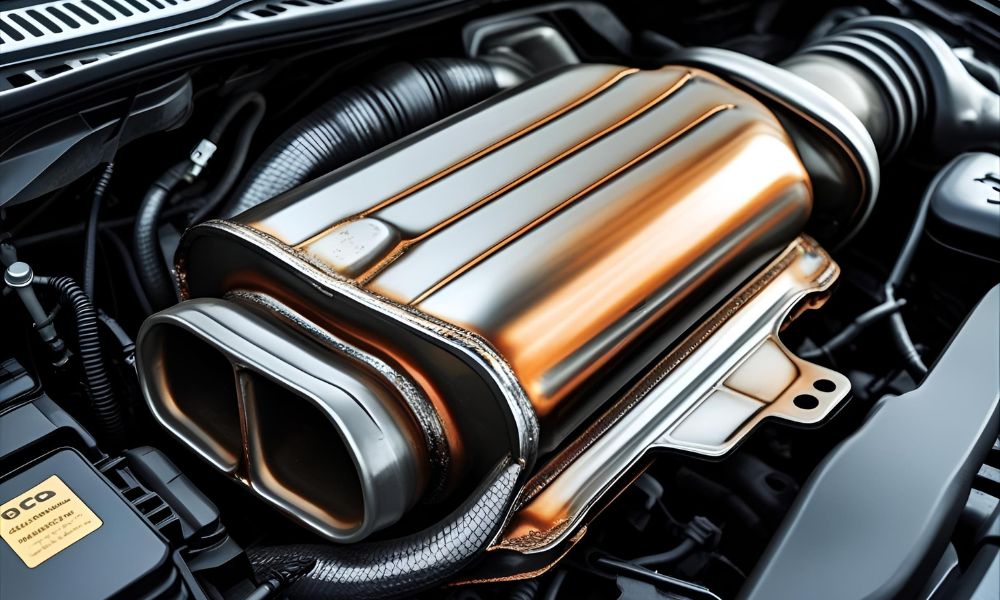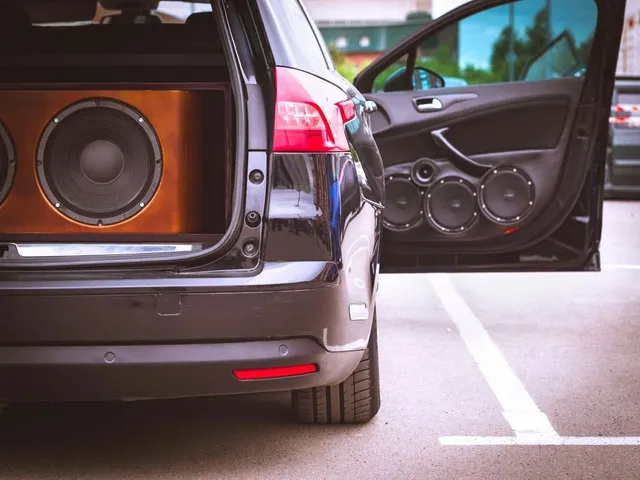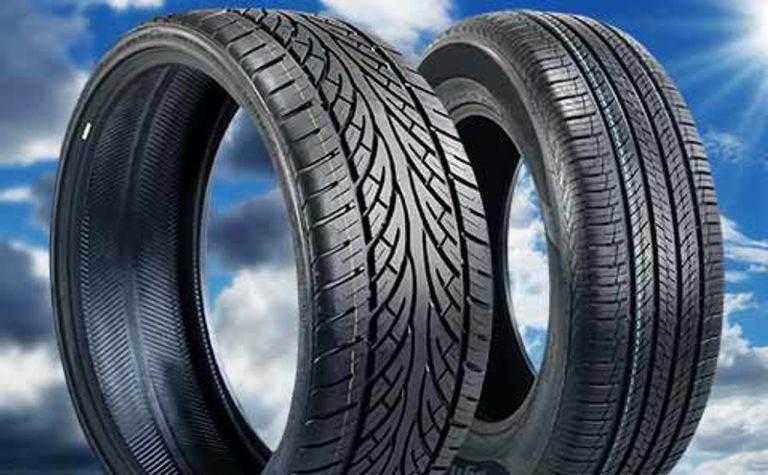Signs of a Bad Catalytic Converter
An important part of your automobile’s exhaust system, the catalytic converter helps to keep your car running effectively and reduce hazardous emissions. However, wear and tear over time may cause the catalytic converter to deteriorate, just like any other component of your car, which can result in a number of problems. An unmaintained catalytic converter may have a serious negative effect on your vehicle’s performance, resulting in decreased engine power, poor fuel economy, and perhaps even damage to other exhaust system components. To fix the issue before it worsens and gets more expensive, it is essential to recognize the warning indications of a malfunctioning catalytic converter. We’ll look at typical indications and indicators that your catalytic converter could be nearing the end of its useful life in this post.
Understanding the Role of the Catalytic Converter
Hazardous gases like carbon monoxide, hydrocarbons, and nitrogen oxides must be changed into less dangerous pollutants like carbon dioxide and water vapor via a catalytic converter. A catalyst—typically a mixture of platinum, palladium, and rhodium—in the catalytic converter, which is positioned between the engine and the exhaust pipe, promotes chemical processes that lower the pollutants released by the engine. Your car’s exhaust system would release a lot more harmful gasses if your catalytic converter wasn’t working, which might harm your engine and contribute to air pollution. Both vehicle performance and environmental preservation depend on routine maintenance and quick resolution of any catalytic converter issues.
Symptoms of a Bad Catalytic Converter
A failing catalytic converter will not always announce its presence in a loud, obvious way. Often, the symptoms are subtle at first, gradually worsening over time. Recognizing these signs early can help you prevent more significant damage and keep your vehicle running smoothly. Below are common indicators of a bad catalytic converter:
- Loss of Power and Acceleration: One of the earliest signs of a failing catalytic converter is a noticeable loss of power, especially during acceleration. When the converter becomes clogged or inefficient, exhaust gases are unable to pass through the system as efficiently, leading to a decrease in engine power and sluggish acceleration. This is especially evident when the car struggles to reach higher speeds or lags when the accelerator is pressed.
- Decreased Fuel Efficiency: A bad catalytic converter can cause your car to consume more fuel. The converter’s role in regulating the engine’s emissions system is compromised when it’s not functioning properly. This inefficiency can lead to an increase in fuel consumption, meaning you’ll be filling up the tank more frequently.
- Unusual Exhaust Smell: A malfunctioning catalytic converter often results in strange smells from the exhaust. If you notice a strong odor of sulfur or rotten eggs, it could indicate that the catalyst inside the converter has broken down, and sulfur compounds are being released into the exhaust. This smell is not only unpleasant but also a clear sign of a problem with the converter.
- Check Engine Light: If your vehicle’s check engine light comes on, it could be signaling a problem with the catalytic converter. Modern vehicles have oxygen sensors that monitor the performance of the converter. If these sensors detect irregularities, they will trigger the check engine light. Diagnostic trouble codes (DTCs) can help pinpoint the issue more specifically, so it’s advisable to get a professional diagnosis if the light is on.
- Rattling Noise: A rattling sound coming from under your car can be another telltale sign of a bad catalytic converter. Over time, the catalyst inside the converter can break down into pieces, causing loose debris to move around within the casing. This debris rattles when the engine is running, producing a distinctive noise. This is typically a sign that the converter is nearing the end of its lifespan and may need replacing.
- Poor Idle and Engine Stalling: A clogged or damaged catalytic converter can disrupt the air-fuel mixture, leading to rough idling or stalling at low speeds. The engine may struggle to stay running, and you may notice that it shuts off or hesitates when you try to accelerate. This can be particularly dangerous in traffic, as it may cause unexpected stalls.
What to Do When You Notice the Signs
If you notice any of these symptoms, it’s important to address the issue promptly. Ignoring the signs of a bad catalytic converter can lead to more significant engine damage, higher repair costs, and even the inability to pass emissions tests. Here’s what to do:
- Check for Diagnostic Codes: If your check engine light is on, use an OBD-II scanner to read the diagnostic trouble codes (DTCs). These codes can help pinpoint the exact issue with the catalytic converter or other parts of the exhaust system. If you don’t have a scanner, most auto parts stores offer free diagnostic checks.
- Inspect the Exhaust System: If you hear a rattling noise or suspect a clog, visually inspect the exhaust system for signs of damage or obstructions. Look for any holes, leaks, or loose components, particularly around the catalytic converter.
- Consult a Professional Mechanic: While there are some DIY diagnostic steps you can take, it’s best to have a professional mechanic inspect your vehicle thoroughly. A mechanic will have the necessary tools and expertise to determine whether the catalytic converter needs cleaning, repair, or replacement.
Why You Shouldn’t Ignore a Bad Catalytic Converter
Driving with a bad catalytic converter can have long-term consequences for both your vehicle and the environment. If left unchecked, a malfunctioning converter can:
- Cause Engine Damage: If the catalytic converter is clogged, it can create excessive back pressure in the exhaust system, which can strain the engine and lead to internal damage. Over time, this can result in costly repairs or even engine failure.
- Fail Emissions Tests: If your vehicle is due for an emissions test, a faulty catalytic converter will likely cause it to fail. This can prevent you from getting your car registered or lead to fines in some jurisdictions.
- Decrease Overall Vehicle Performance: A bad catalytic converter directly affects your car’s fuel efficiency, power, and acceleration. Ignoring the problem can lead to poor performance and unnecessary expenses as your vehicle struggles to maintain proper function.
Preventing Catalytic Converter Issues
While catalytic converter issues are often inevitable with age, proper maintenance can help extend its lifespan and ensure the overall health of your vehicle’s exhaust system. Here are a few preventive tips:
- Regularly Check and Maintain the Engine: Ensure that your vehicle’s engine is running smoothly and that it is tuned properly. Regular maintenance can help avoid engine misfires, which can damage the catalytic converter.
- Use High-Quality Fuel: Low-quality or contaminated fuel can cause the catalytic converter to clog or overheat. Always use the fuel recommended by your vehicle’s manufacturer.
- Address Engine Problems Early: If you notice any performance issues, such as poor fuel economy or misfires, get them fixed immediately to avoid further damage to the catalytic converter.
When to Replace a Bad Catalytic Converter
It might be costly to replace a damaged catalytic converter. Maintaining maximum engine performance and making ensuring your car complies with environmental regulations are essential, however. The only choice is to replace your catalytic converter if it is beyond repair or has gotten seriously blocked. The price of a new catalytic converter might vary depending on the make and model of your automobile, but it’s an essential expenditure to keep your car running well and pass emissions testing.
Conclusion
You may save money and stop more harm to your car by being aware of the warning signals of a malfunctioning catalytic converter and taking quick action to fix it. Your automobile will continue to operate smoothly, effectively, and safely with regular maintenance, prompt repairs, and catalytic converter health monitoring. If you suspect any problems with your converter, keep an eye out for the signs listed in this article and don’t be afraid to seek advice from a professional. After all, the catalytic converter in your automobile plays a crucial role in maintaining cleaner air and optimum vehicle performance; it is more than simply an exhaust system component.







